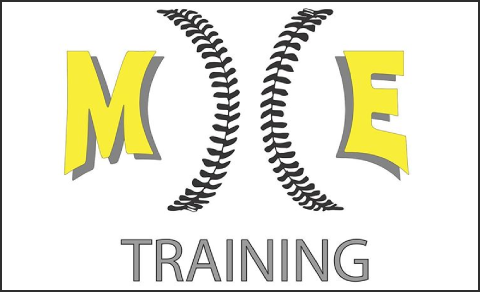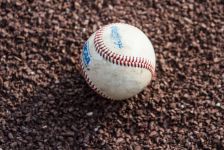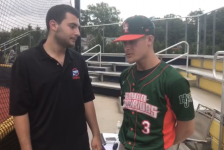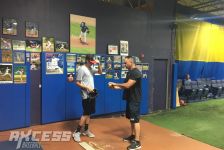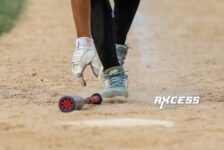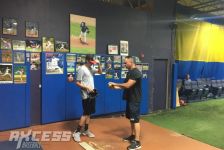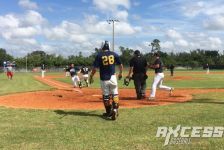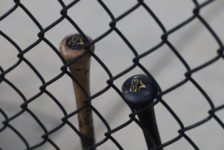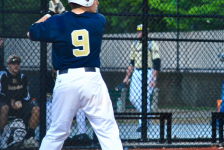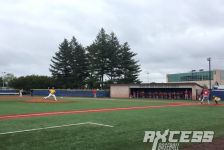(Editor’s Note: Neal Heaton is a 12-year MLB veteran pitcher. He was the 1st overall pick in the 1979 MLB Draft out of Sachem HS. He opted to attend the University of Miami where he set several program pitching records including most victories in a season (18), most victories in a career (42), most strikeouts in a game (23), most strikeouts in a season (172) and most strikeouts in a career (381). His number is now retired by the school. He was selected by the Cleveland Indians in the 2nd round of the 1981 MLB Draft. He now gives private pitching lessons at Matt Giuliano’s Play Like a Pro in Hauppauge).
Recently I’ve had a number of parents call and mention that their son’s velocity is down and not performing as well as they’d hope. It’s frustrating for sure, but just understand that it is not uncommon at all.
It’s that time of the year that pitcher’s experience what we call “dead arm.”
Over my time in the big leagues, every year around the third week of Spring Training pitchers experience. Every single pitcher I know has experienced it.
But what is it?
“Dead arm” is the phrase that was popularized in the 80s when your arm feels good, but the ball just isn’t coming out as crisp. It’s really simple – you are a little fatigue, but you’ll get through it. Guys have been throwing since January. The arm is a little tired, but don’t panic. The arm will recover in 2-3 weeks.
Similar to the “dogs days of August” it’s something that pitchers endure over a long season but it’s not something you can’t overcome. So what do you do? I’ll tell you what to not do – don’t try to lift more, don’t throw to throw harder, don’t air it out during I/O. Cut back a little. No need to be doing bands every day. Think about it – when you go to the gym you don’t workout the same body parts every day, so why would you want to put added stress on your tendons? Give the body a break.
If you’re an everyday player as well – when you’re out on the field during BP, take it easy. Save your arm for the big plays during the game. You don’t have to gun the ball across the field.
Me and Bill Pulsipher talk about it all the time. It’s something that he dealt with as well. It’s important that you don’t think you have to lift more – I would do a little less.

